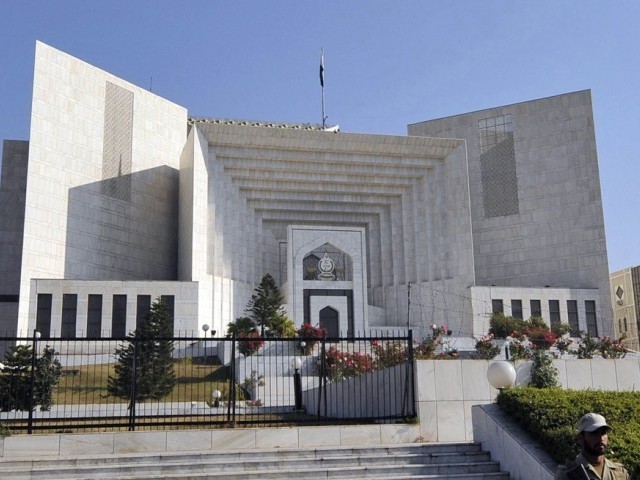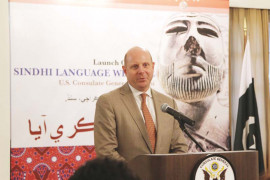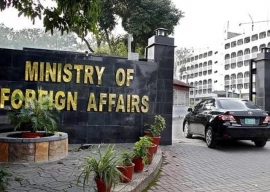
The apex court's September 7 judgment asked the federal and provincial governments to implement Article 251 of the Constitution and submit a report within three months.
However, at a round-table conference organised by the Sindhi Language Authority (SLA) in Hyderabad on Thursday, Sindhi writers, intellectuals and legal experts mulled over initiating a legal battle for the protection and promotion of the Sindhi language.
While the pros and cons of the judgment were weighed, the event concluded with the formation of two committees, including a legal committee to ponder over either filing a review or a separate petition in the apex court. Another committee will prepare recommendations for the federal and Sindh governments for the official and educational use of Sindhi.
"Some friends argue that the order has no implications for Sindhi but the fact is that even the SLA [which is a statutory body of the Sindh government] will have to use Urdu in its official work," observed the former advocate-general of Sindh, Yousuf Laghari.
He contended that the judgment will directly affect the Sindhi language and, consequently, the autonomy of Sindh, economy of the province and Sindhi culture. "The Sindhi people will feel inclined to learn Urdu because of its promising prospects in education and career [prospects]."
"Instead of filing a review petition, we should request the court to comprehensively elaborate on its order," Laghari suggested, pointing out that the judgment also provides for the use of provincial languages as additional official and academic languages besides Urdu.
Prof Saleem Memon, Shah Abdul Latif chair director at Sindh University, stressed that the flourishing of a language is mainly a political decision, lamenting that the politicians of Sindh have failed on this front.
Many speakers reiterated that they are not opposed to the predominant position of Urdu but they only want the regional languages to be brought into similar use in the provinces.
Published in The Express Tribune, October 16th, 2015.



































COMMENTS (2)
Comments are moderated and generally will be posted if they are on-topic and not abusive.
For more information, please see our Comments FAQ